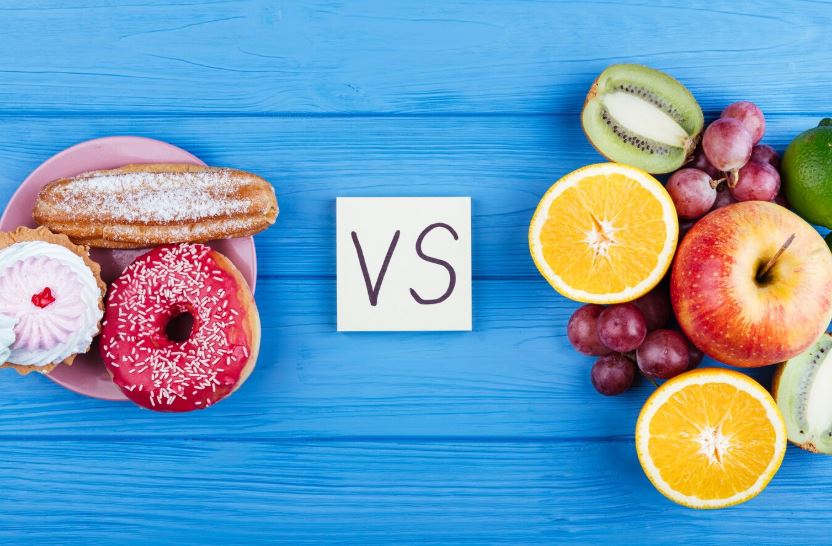When it comes to losing weight or simply living a healthier life, two common paths often come up: dieting and long-term healthy eating. While both aim to improve your health, the way they work and their lasting effects are very different. Let’s break it down simply so you can choose the right approach for your lifestyle.
What is Dieting?
Dieting usually means following a short-term eating plan with specific rules. These diets often focus on:
- Cutting calories
- Eliminating certain food groups
- Replacing meals with shakes or bars
Some common examples include:
- Keto
- Intermittent fasting
- Juice cleanses
- Low-carb diets
Most people diet to lose weight quickly. While it can work in the short term, dieting can be hard to maintain and may cause people to go back to unhealthy habits afterward.
What is Long-Term Healthy Eating?
Long-term healthy eating is more about building sustainable habits. Instead of following strict rules, you aim to:
- Eat more whole foods like fruits, vegetables, and lean proteins
- Drink plenty of water
- Avoid ultra-processed foods
- Practice portion control
- Balance your meals
It’s not a temporary fix—it’s a way of living. You might still enjoy treats sometimes, but the focus is on balance, not restriction.
Pros and Cons
| Aspect | Dieting | Long-Term Healthy Eating |
|---|---|---|
| Short-Term Results | Fast weight loss | Slower, steady progress |
| Sustainability | Hard to maintain | Easier to stick to |
| Health Impact | Can lack nutrients | More balanced nutrition |
| Mental Health | Often stressful | Encourages self-care |
Why Long-Term Healthy Eating Wins
Here’s the truth: crash diets rarely lead to lasting change. Many people regain the weight they lose—or even more—because they go back to old eating habits.
With healthy eating, you’re not just focused on weight, but on feeling better, having more energy, and staying healthy in the long run.
Tips to Start Healthy Eating Habits
- Make small changes – Add a salad with lunch, or swap soda for water.
- Cook at home – You’ll know exactly what’s in your food.
- Don’t skip meals – It can lead to overeating later.
- Add, don’t subtract – Instead of removing food, try adding more veggies or protein.
- Be patient – Progress might be slow, but it lasts longer.
Final Thoughts
Dieting can be tempting, especially when you want quick results. But for most people, long-term healthy eating is a smarter, more effective way to live well. It’s not about perfection—it’s about progress and consistency.
Start small, stay consistent, and your body will thank you.

